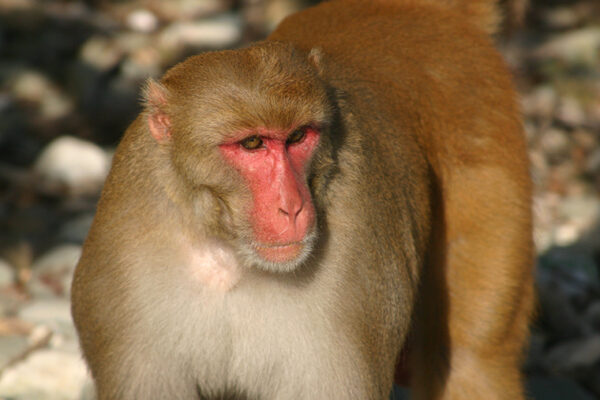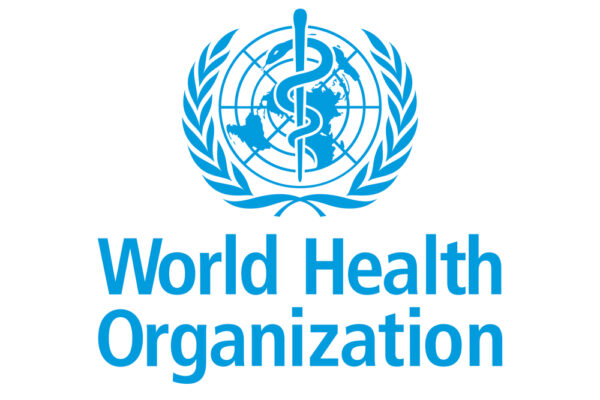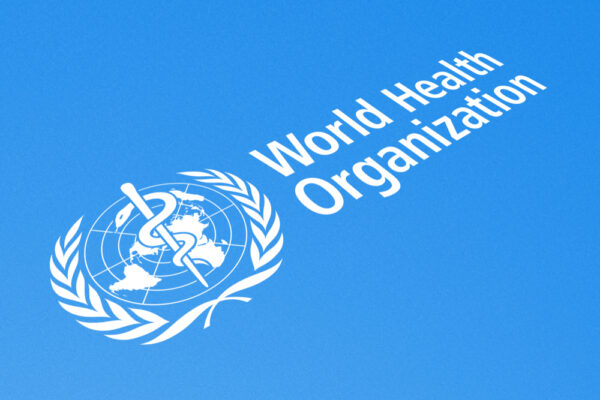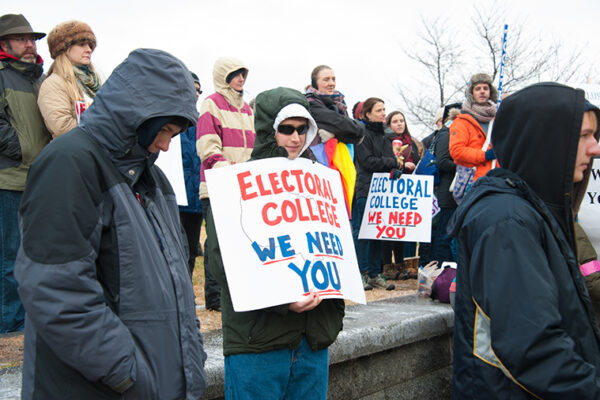War, reporting and the Tower of Babel
Richard Chapman, executive producer of “Dateline-Saigon,” discusses the documentary, the dangers journalists faced during the early years of the Vietnam War, and lessons for contemporary reporters and readers.
Chapman’s ‘Dateline–Saigon’ now streaming
“Dateline–Saigon,” a documentary about Vietnam War reporting produced by Richard Chapman, senior lecturer in film and media studies in Arts & Science at Washington University in St. Louis, has been released for streaming on iTunes, Amazon Prime and other platforms.
Monkeying around: Study finds older primates father far fewer babies
Older male rhesus monkeys sire fewer offspring. Sperm quality or quantity, or the survival of infants, may decline with the age of the would-be father, a new study from biological anthropologist Krista Milich in Arts & Sciences suggests.
Skip generational distinctions like ‘millenials’ in workplace
A linguistic expert from Washington University in St. Louis who participated in an elite 15-member committee announcing July 20 its findings on what he calls “potentially harmful” categorizing, said it’s time to nix the generational mindset in business.
Rewriting history: New evidence challenges Euro-centric narrative of early colonization
New research from Washington University in St. Louis provides evidence that Indigenous people continued to live in southeastern U.S. and actively resist European influence for nearly 150 years after the arrival of Spanish explorers in the 1500s.
Mothers’ paid work suffers during pandemic, study finds
New research from Washington University in St. Louis finds early evidence that the pandemic has exacerbated — not improved — the gender gap in work hours, which could have enduring consequences for working mothers.
WashU Expert: America gains nothing by leaving WHO
President Trump’s recent announcement to suspend funding to the World Health Organization is “counter to our interests in addressing our needs to save the lives and further the health of Americans, as well as an abandonment of America’s position as a global leader,” says the director of Washington University’s Institute for Public Health.
WHO withdrawal may not be legal
President Donald Trump announced July 7 that the United States has officially begun to withdraw from the World Health Organization. Trump may or may not have the authority to do so, says an expert on health law at Washington University in St. Louis.
Electoral College ruling contradicts Founders’ ‘original intent’
While the Supreme Court decision limits the independence of electors and prevents a potential source of uncertainty in the upcoming presidential election, it contradicts the Constitution framers’ intentions for the Electoral College, according to a political science expert at Washington University in St. Louis.
COVID-19 demonstrates why wealth matters
While COVID-19 has impacted all individuals, the impact has not been equal. In a new national Socioeconomic Impact of COVID-19 survey, the Social Policy Institute at Washington University in St. Louis found that liquid assets increased the likelihood that an individual could practice social distancing.
Older Stories









